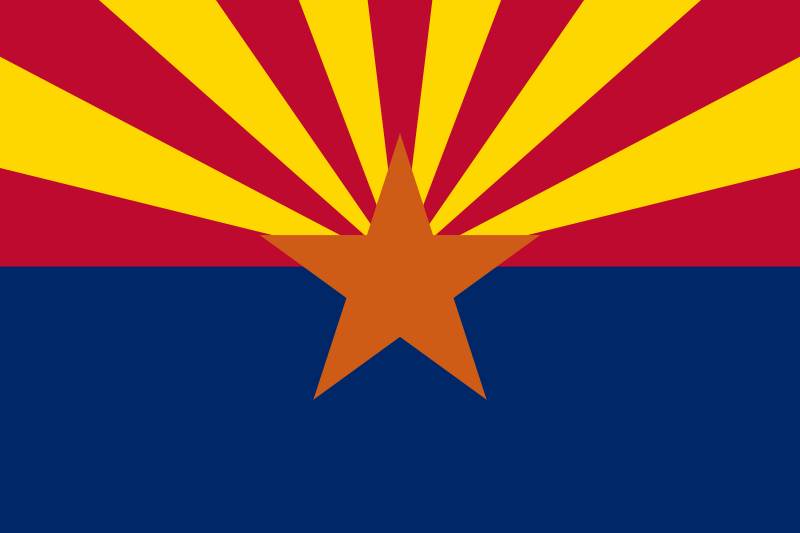Arizonans will decide on a ballot initiative that would change multiple state election and voting policies, including policies related to early voting, automatic and same-day voter registration, campaign contribution limits, and other policy areas. The proposal is the second citizen-initiated measure certified for the ballot in Arizona for November. There are now a total of ten measures on the ballot in Arizona for the general election on Nov. 8.
The election and voting policies initiative was certified for the ballot after Maricopa County Superior Court Judge Frank Moskowitz rejected about 75,000 signatures after reviewing challenges to supporters' signature drive, including registrations, paperwork, and eligibility of paid circulators. The initiative qualified for the ballot with 298,878 signatures found valid after county review.
In order to qualify for the ballot, signature petitioners needed to collect at least 237,645 valid signatures. Signatures were verified through a random sampling process. On July 7, the Arizonans for Free and Fair Elections campaign submitted 475,290 signatures to the secretary of state.
The measure would make multiple changes to the election and voting process in state elections in Arizona.
- It would make changes to early voting policy, including automatically sending an early ballot to any voter on the early voting list
- It would repeal provisions that remove voters from the early voting list if they do not vote using an early ballot in all eligible elections for two consecutive election cycles and do not reply to a notice sent by election officials.
- The initiative would repeal the existing law that makes it a felony to collect another person's ballot, and instead make it a felony to collect a ballot and intentionally fail to deliver it.
- It would also establish same-day voter registration, authorize the funding of dropboxes, and change campaign contribution limits.
The initiative would state that people with disabilities have a right to vote with or without assistance, including while sitting in the car, by mail, or by phone (if the secretary of state reviews and approves vote-by-phone technology). It would require that any court order placing a person under guardianship cannot incapacitate that person regarding their ability to vote. It would also require election officials to communicate with tribes or tribal representatives regarding the conduct of elections.
Currently, there are nine other certified measures on the ballot in Arizona. They are:
- Proposition 308 would allow in-state tuition for certain non-citizen residents
- Proposition 309 would require date of birth and voter identification number for mail-in ballots and eliminate the two-document alternative to photo ID for in-person voting
- Proposition 310 would create a sales tax to fund Arizona’s fire districts
- Proposition 182 would allow the legislature to amend or repeal voter-approved ballot measures that contain provisions ruled unconstitutional or invalid by the state or federal supreme court
- Proposition 129 would require citizen-initiated ballot measures to embrace a single subject
- Proposition 130 would allow the legislature to set certain property tax exemption amounts and qualifications rather than determining details in the constitution
- Proposition 131 would create the office of lieutenant governor
- Proposition 132 would require a three-fifths supermajority vote to pass ballot initiatives and legislatively referred amendments that would approve taxes
- An initiated state statute to limit interest rates for debt from healthcare services and increase the value of certain property and earnings exempt from debt collections processes
Additional reading:



